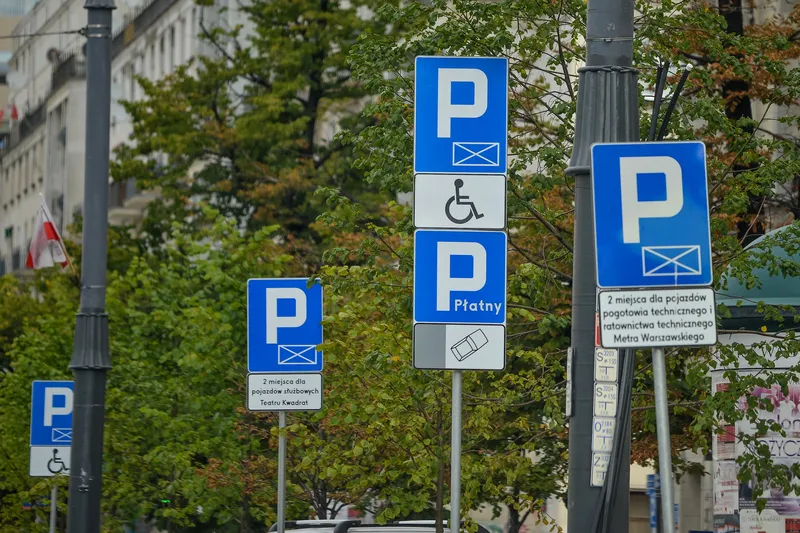In a five-year contract with the London Borough of Enfield, Adaptis Solutions has rolled out its Dash Park, its cashless parking solution across fourteen car parks throughout borough. The introduction of Dash Park now gives parking customers the option to make payments by phone, text, mobile, web or through a smartphone application. The system provides motorists a fast, simple, and dependable alternative to pay and display machines already in operation at Enfield’s car parks. Enfield Council’s head of parki
March 12, 2013
Read time: 2 mins
In a five-year contract with the London Borough of Enfield, 7217 Adaptis Solutions has rolled out its Dash Park, its cashless parking solution across fourteen car parks throughout borough.
The introduction of Dash Park now gives parking customers the option to make payments by phone, text, mobile, web or through a smartphone application. The system provides motorists a fast, simple, and dependable alternative to pay and display machines already in operation at Enfield’s car parks.
Enfield Council’s head of parking services, David Morris, said “We are delighted to be working with Adaptis Solutions over the coming years. Cashless parking is being used more in car parking and I hope that this agreement will help successfully grow our usage.”
Manni Marway, CEO, Adaptis Solutions commented “Our joint venture with Enfield Council is a great extension to our Dash Park portfolio. We’re really looking forward to supporting Enfield in their bid to improve further the customer experience through the provision of a more efficient cashless parking solution. The project highlights the ever increasing demand for cashless parking, as consumers continually seek for choice and flexibility when paying for parking.”
The introduction of Dash Park now gives parking customers the option to make payments by phone, text, mobile, web or through a smartphone application. The system provides motorists a fast, simple, and dependable alternative to pay and display machines already in operation at Enfield’s car parks.
Enfield Council’s head of parking services, David Morris, said “We are delighted to be working with Adaptis Solutions over the coming years. Cashless parking is being used more in car parking and I hope that this agreement will help successfully grow our usage.”
Manni Marway, CEO, Adaptis Solutions commented “Our joint venture with Enfield Council is a great extension to our Dash Park portfolio. We’re really looking forward to supporting Enfield in their bid to improve further the customer experience through the provision of a more efficient cashless parking solution. The project highlights the ever increasing demand for cashless parking, as consumers continually seek for choice and flexibility when paying for parking.”








